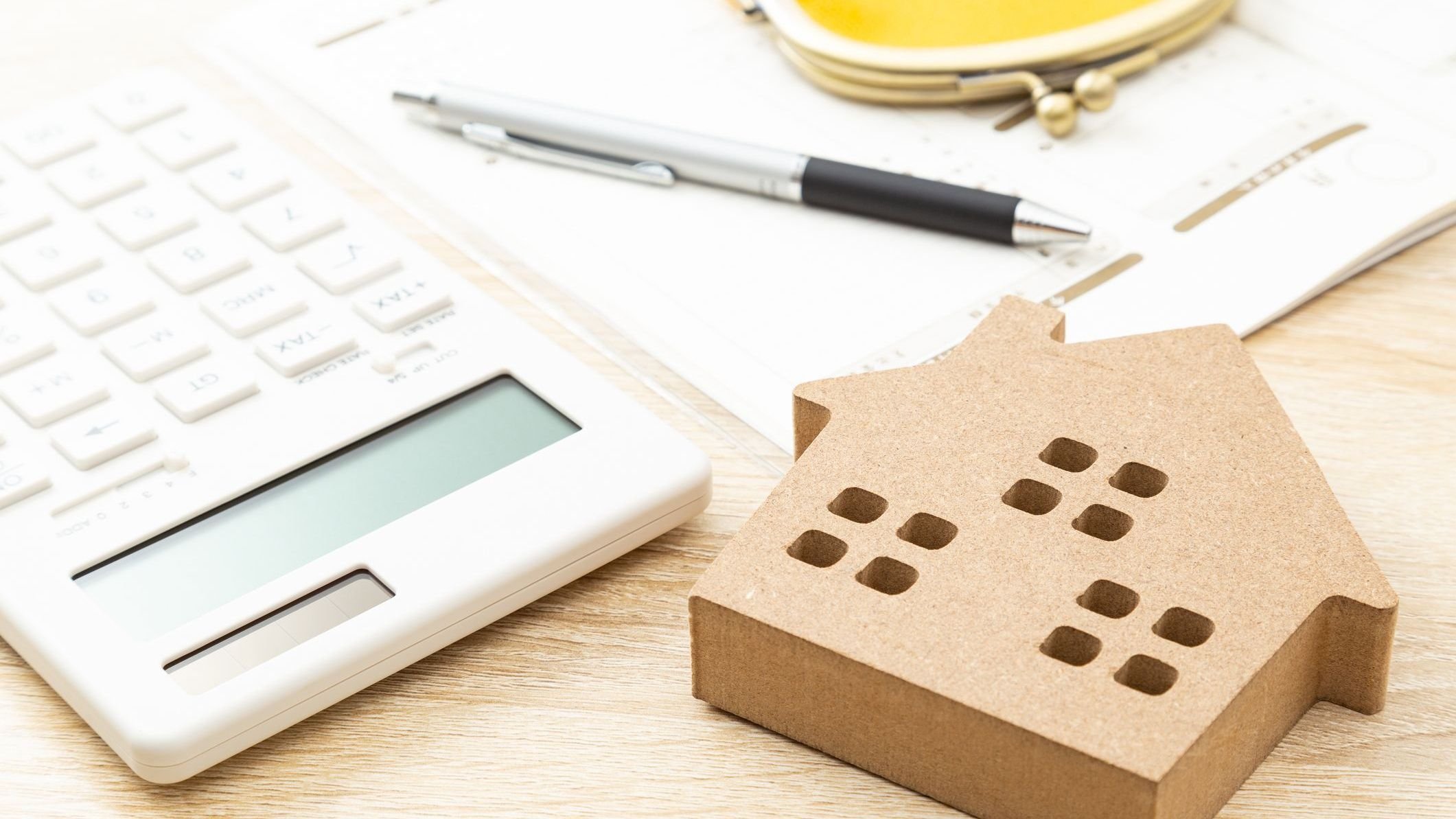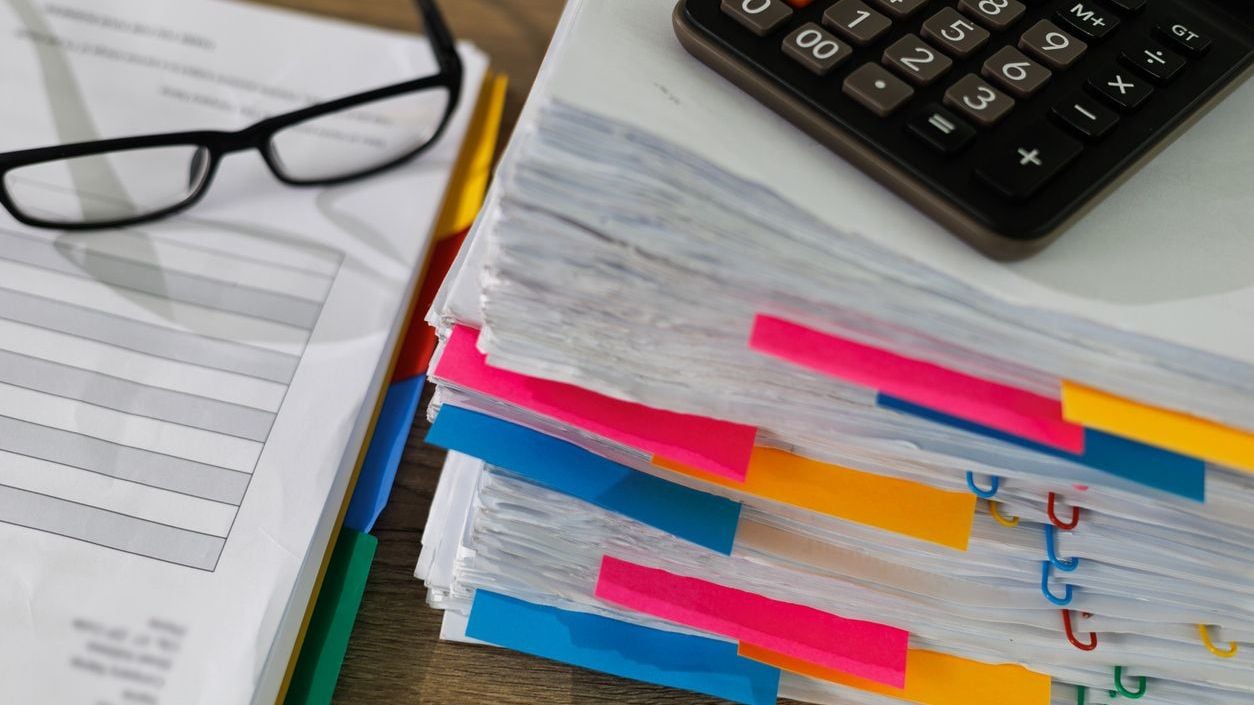Page 5 41 - 50 of 424
How 1031 Exchanges Support Multigenerational Estate Planning

Estate planning is about more than just transferring wealth; it’s about preserving legacy, reducing tax friction, and how assets may align with long-term family objectives. For clients with investment real estate, 1031 Exchanges can be a component of strategies designed to align current real estate decisions with future estate planning goals.
1031 Exchanges: Understanding the Mechanics of Direct Deeding

A 1031 exchange is a strategy that allows investors to defer capital gains taxes by reinvesting the proceeds from the sale of one investment property into another like-kind property. By doing so, the transaction may avoid triggering an immediate taxable event, potentially extending the time capital remains invested.
How 1031 Exchanges Can Help Diversify Your Real Estate Portfolio

For many investors, 1031 exchanges are often used for tax deferral benefits. By exchanging like-kind properties, investors may defer recognition of capital gains, potentially allowing them to keep more capital invested. However, delayed tax payments aren’t the sole benefit of 1031 exchanges. Such transactions also offer real estate diversification. In this article, Realized 1031 explores how a 1031 exchange can be used as part of a broader diversification strategy.
Incorporating 1031 Exchanges Into Your Estate and Legacy Planning

Most investors think of wills, trusts, and beneficiary designations when it comes to estate planning. However, there are other tools at their disposal that can help with areas such as tax deferral and long-term planning. One of these is the 1031 exchange. This strategy is typically used for tax-deferral purposes, but it can also help during estate planning and settlement.
1031 Exchange Solutions for High-Net-Worth Investors

As a high-net-worth investor (HNWI), managing your real estate portfolio goes beyond acquiring new assets. You also have to consider other aspects like tax exposure, wealth preservation, and long-term flexibility. One strategy designed to help address these considerations is the 1031 exchange. Also called the like-kind exchange, this strategy can potentially allow you to defer capital gains taxes, diversify your portfolio, and even enjoy passive income.
Can You 1031 Out of a TIC?

Being a co-owner in a tenancy-in-common (TIC) can offer advantages, such as access to larger properties, but it may also introduce structural limitations. Investors seeking greater control or portfolio simplification may consider exiting a TIC interest. This raises an important question: can a TIC interest be exited through a 1031 exchange?
Using 1031 Exchanges for Succession Planning in Family-Owned Businesses

A family-owned business is often created with the goal of building a legacy and supporting future generations. However, succession planning can be a complex and sensitive undertaking. The stakes can be high, especially if real estate is part of your business’s assets. One strategy that may be used to defer capital gains taxes and align real estate holdings with long-term planning goals is the Section 1031 exchange.
Who Can Advise Me on a 1031 Exchange?

Undergoing a 1031 exchange is a tax-deferred transaction. While often utilized by accredited investors, it is open to a range of taxpayers who meet the criteria. The process includes strict timelines and compliance obligations, and even small errors can jeopardize the tax-deferral benefits. For this reason, many investors choose to engage qualified professionals who can offer guidance and help support compliance throughout the exchange.
Can You Do a 1031 Exchange on a Manufactured Home?

A 1031 exchange is a tax-deferred investment strategy that lets you swap two like-kind properties. Since the transaction may qualify for tax deferral, you can delay capital gains tax payments and preserve your capital. However, taxes are not eliminated and may apply under certain circumstances. The types of assets you can exchange are regulated by the IRS, so you can’t exchange properties on a whim.
Page 5 41 - 50 of 424



